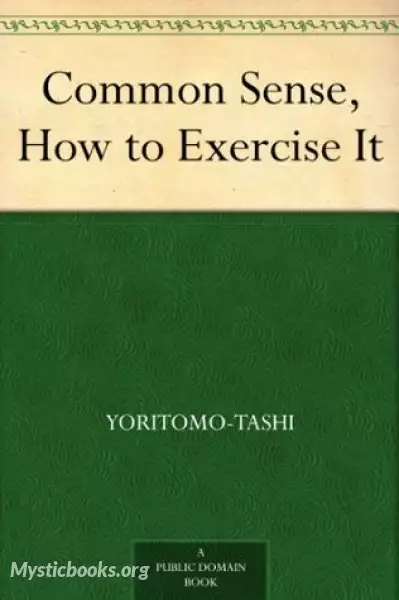
Common Sense, How to Exercise It
Book Details
Language
EnglishOriginal Language
JapanesePublished In
1915Genre/Category
Tags/Keywords
Authors
Yoritomo Tashi
Japan
Minamoto no Yoritomo was the founder and the first shogun of the Kamakura shogunate of Japan, ruling from 1192 until 1199. He was the husband of Hōjō Masako who acted as regent (shikken) after his dea...
Books by Yoritomo TashiDownload eBooks
Listen/Download Audiobook
- Select Speed
Related books

On Virginity (De Virginitate) by Saint Ambrose
This book is a treatise on the excellence of virginity by Saint Ambrose, a fourth-century bishop and theologian. Ambrose argues that virginity is a su...

Elements of Theology by Proclus
Considered one of the most influential works in ancient theology, this book presents a comprehensive exploration of metaphysics, cosmology, and the di...
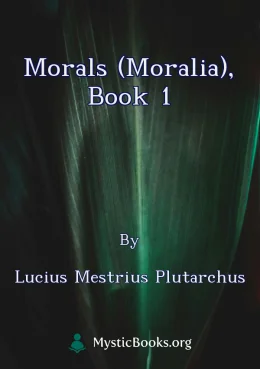
Morals (Moralia), Book 1 by Lucius Mestrius Plutarchus
The *Moralia*, a collection of essays and speeches by Plutarch, provides a rich tapestry of ancient Greek and Roman thought. These writings explore a...

Kena Upanishad by Anonymous
The Kena Upanishad is one of the shortest and most enigmatic of the Upanishads. It is also one of the most important, as it contains some of the most...

She sweeps with many-colored Brooms by Emily Dickinson
Emily Dickinson's 'She sweeps with many-colored Brooms' is a collection of poems that explore the themes of nature, death, and immortality. Written in...
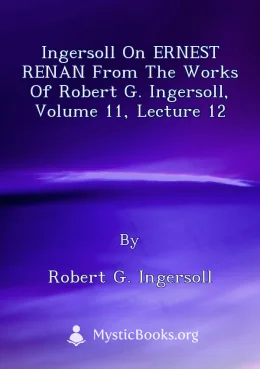
Ingersoll on ERNEST RENAN from the Works of Robert G. Ingersoll, Volume 11, Lecture 12 by Robert G. Ingersoll
This book is a collection of lectures by Robert G. Ingersoll on famous people, including Ernest Renan. Ingersoll was one of the most famous orators of...
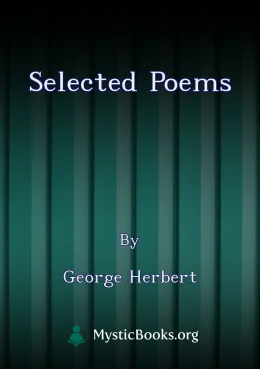
Selected Poems by George Herbert
This collection of poems explores the intricate journey of an individual's relationship with God. Herbert's work delves into the personal struggles a...
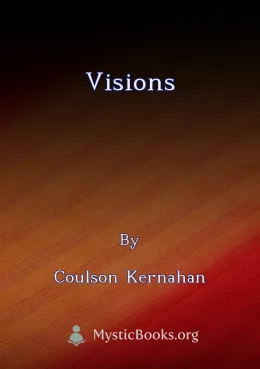
Visions by Coulson Kernahan
This book, a collection of “dreams” by a notable English novelist and literary critic, explores profound questions about life, death, and the divine....
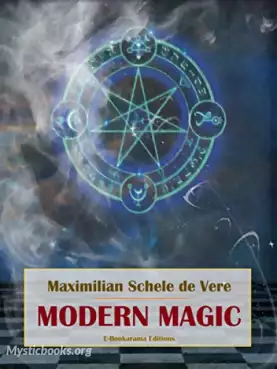
Modern Magic by Maximilian Schele De Vere
One of his last works, being first published in 1873, "Modern Magic" instead focuses on the occult. From the preface: "The main purpose of our existe...
Reviews for Common Sense, How to Exercise It
No reviews posted or approved, yet...
